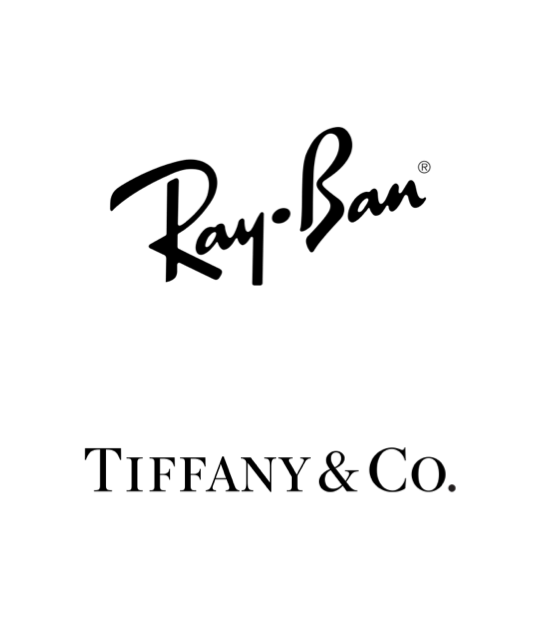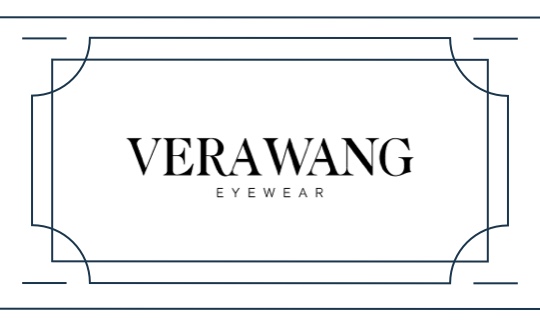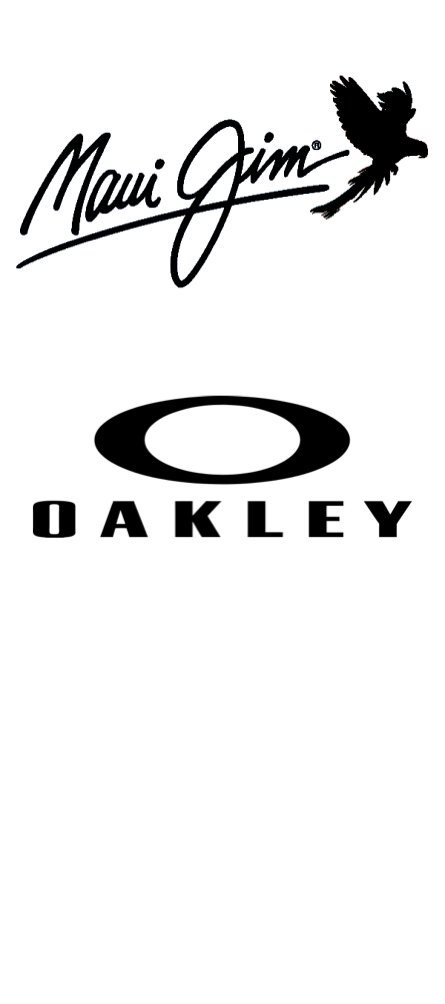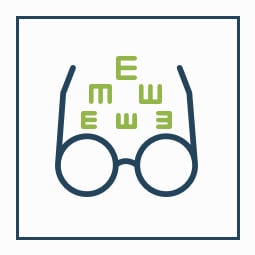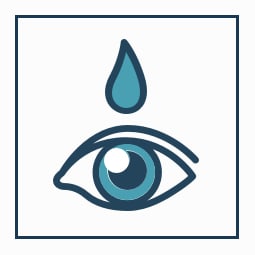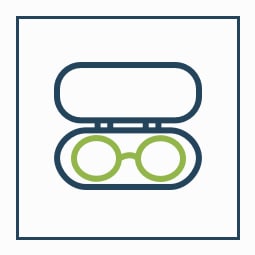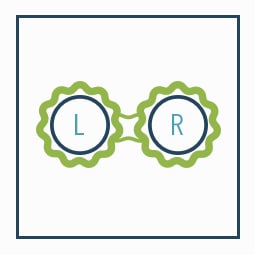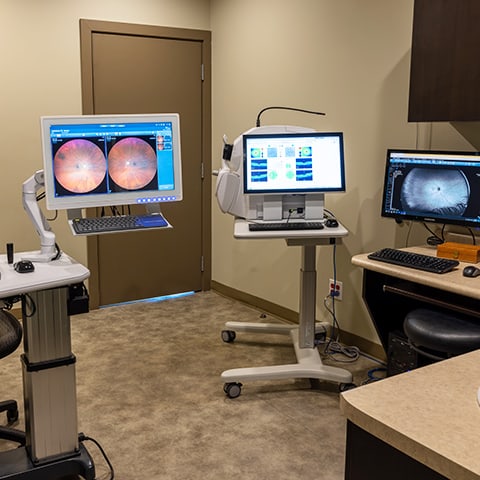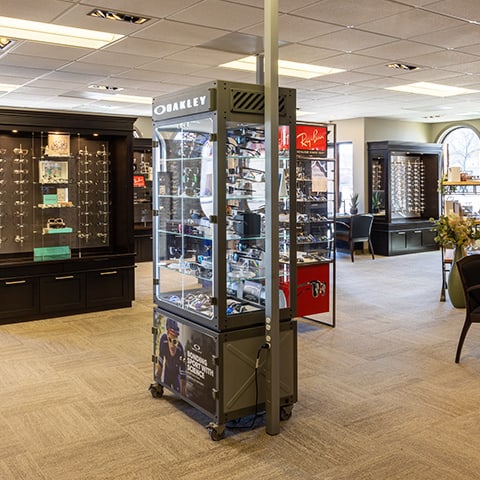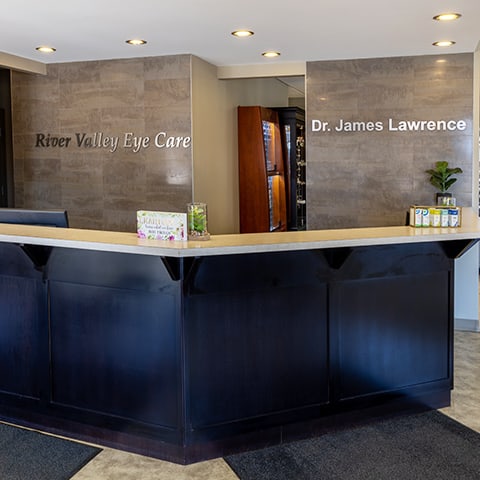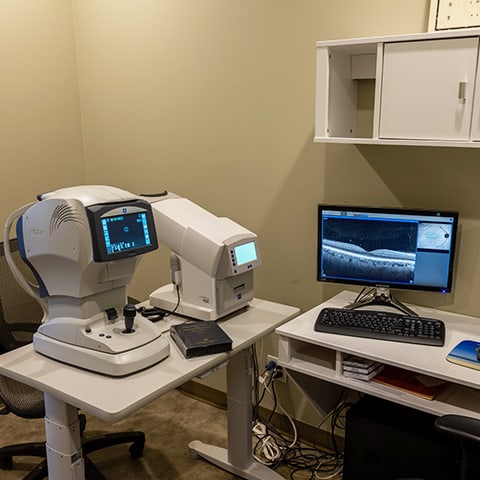Going Beyond Just Vision
We understand that helping you to see your world clearly is important, but we also prioritize maintaining and protecting your eyes from potential health concerns.
At RVEC, a comprehensive eye exam involves getting to know you, your lifestyle, and your history. By using diagnostic technology to evaluate your eye health, we can offer solutions that meet your individual needs. We’re not only helping you enjoy your vision for today, we’re protecting it for years to come.
Learn more about our dedication to supporting your vision and eye health when you visit us for an eye exam. We have the answers to your eye care questions.
Book your next appointment today so you can get the comprehensive eye care that you deserve.
Book Appointment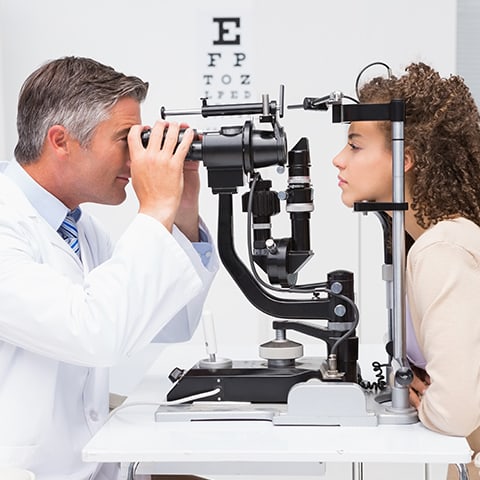

How Often Do I Need an Eye Exam?
RVEC and the Canadian Association of Optometrists suggest an eye exam:
- Every 2 years for adults 18 to 64. Patients may benefit from more frequent exams if recommended due to vision conditions or eye disease.
- Annually for seniors 65 and older. Patients may benefit from more frequent exams if recommended due to an increased risk of eye disease with age.
Why Are Routine Eye Exams Important?
There’s more to an eye exam than just checking the sharpness of your vision. There are warning signs for many health conditions that can present themselves during an eye exam.
Even if you believe you have perfect vision, visiting your trusted optometrist regularly is important. Eye health and vision problems often go unnoticed.
At RVEC, we want to help detect, monitor, and treat any eye conditions that could affect your vision and your enjoyment of life. If left untreated, certain eye conditions can worsen and lead to vision loss.
Don’t wait until something seems “off” with your vision to schedule an eye exam.
The RVEC Approach: What Can an Eye Exam Detect?
During your comprehensive eye exam, we’ll perform several tests to evaluate:
- Your lens prescription.
- How well your eyes work together.
- How your overall health affects your vision.
- What we can do to support your eye health.
If we discover a potential concern during your eye exam, we’ll discuss and develop a personalized strategy to help preserve your vision and eye health.
When needed, we may recommend a referral for treatment and report our findings to your medical doctor.
Eye Diseases & Conditions
Several eye diseases and conditions can affect your vision over time, so we must detect these issues as soon as possible.
Some of the most common diseases and conditions we can help detect include:
- Dry eye
- Iritis/Uveitis
- Keratoconus
- Glaucoma
- Age-related macular degeneration
- Cataracts
- Diabetic retinopathy
Please visit our Eye Disease Diagnosis & Management page for more information.
Overall Health Concerns
Eye exams can also help reveal information about your overall health. With the help of our comprehensive technology, we can examine areas of the eye that could show signs of overall health conditions like:
- Diabetes
- Heart disease
- High blood pressure
- High cholesterol
- Thyroid disorder
- Autoimmune disorders
- Some cancers
High Prescriptions
High prescriptions might not indicate an overall eye health concern, but they could affect your overall quality of life.
High prescriptions are often common in families and can be associated with:
- Developmental, behavioural, & learning difficulties in children
- Numerous eye diseases
- Reduced enjoyment & quality of life
At RVEC, Comprehensive Technology Supports Your Vision & Eye Health
Digital Refractors
Digital refractors give us precise vision testing information to help provide clear vision with your lens prescription.
Anterior Segment Imaging
Anterior segment imaging provides us with a detailed view of the front layers of your eye. We may use this technique to detect signs of glaucoma, cataracts, and keratoconus, among other concerns.
Optical Coherence Tomography (OCT)
Optical coherence tomography (OCT) is an imaging technique we may use to examine specific areas of your retina. This device uses light to help create cross-sectional images of your retina, similar to images in an ultrasound.
Some concerns it can help detect include macular degeneration, glaucoma, and diabetic retinopathy.
Corneal Topography
Corneal topography is a technology we use to assess the health and curvature of your cornea, the front area of the eye. This is essential for helping us detect issues like dry eye and keratoconus.
Ultra-Wide Field Retinal Imaging
Ultra-wide field retinal imaging gives us a highly-detailed look at the back of your eye—an area called the retina. Using this technology, we can look for signs of eye diseases like macular degeneration, glaucoma, and diabetic retinopathy.
It can also help us detect potential health concerns affecting your overall well-being.
OCT Angiography
OCT angiography uses the same technology as the OCT to give us a detailed look into the blood vessels that help support your retina. We can use this device to help detect signs of diabetic retinopathy, macular degeneration, and even some overall health conditions.
Visit the River Valley Eye Care Family
We’re proud to support the community of North Battleford with comprehensive eye care solutions.
If you need help making the most of your sight, please visit our team at RVEC today. We’re ready to see you!
Book AppointmentOur Location
Visit Us
Our location can be easily found on 100 Street. We offer plenty of parking with accessibility-friendly options available.
Our Address
- 1471 100 St.
- North Battleford, SK S9A 0W1
Contact Information
- Phone: 306-445-4451
- Email: [email protected]
Our Hours
- Monday: 8:00 AM – 5:00 PM
- Tuesday: 8:00 AM – 5:00 PM
- Wednesday: 8:00 AM – 5:00 PM
- Thursday: 8:00 AM – 5:00 PM
- Friday: 8:00 AM – 5:00 PM
- Saturday: Closed
- Sunday: Closed
Our Brands

